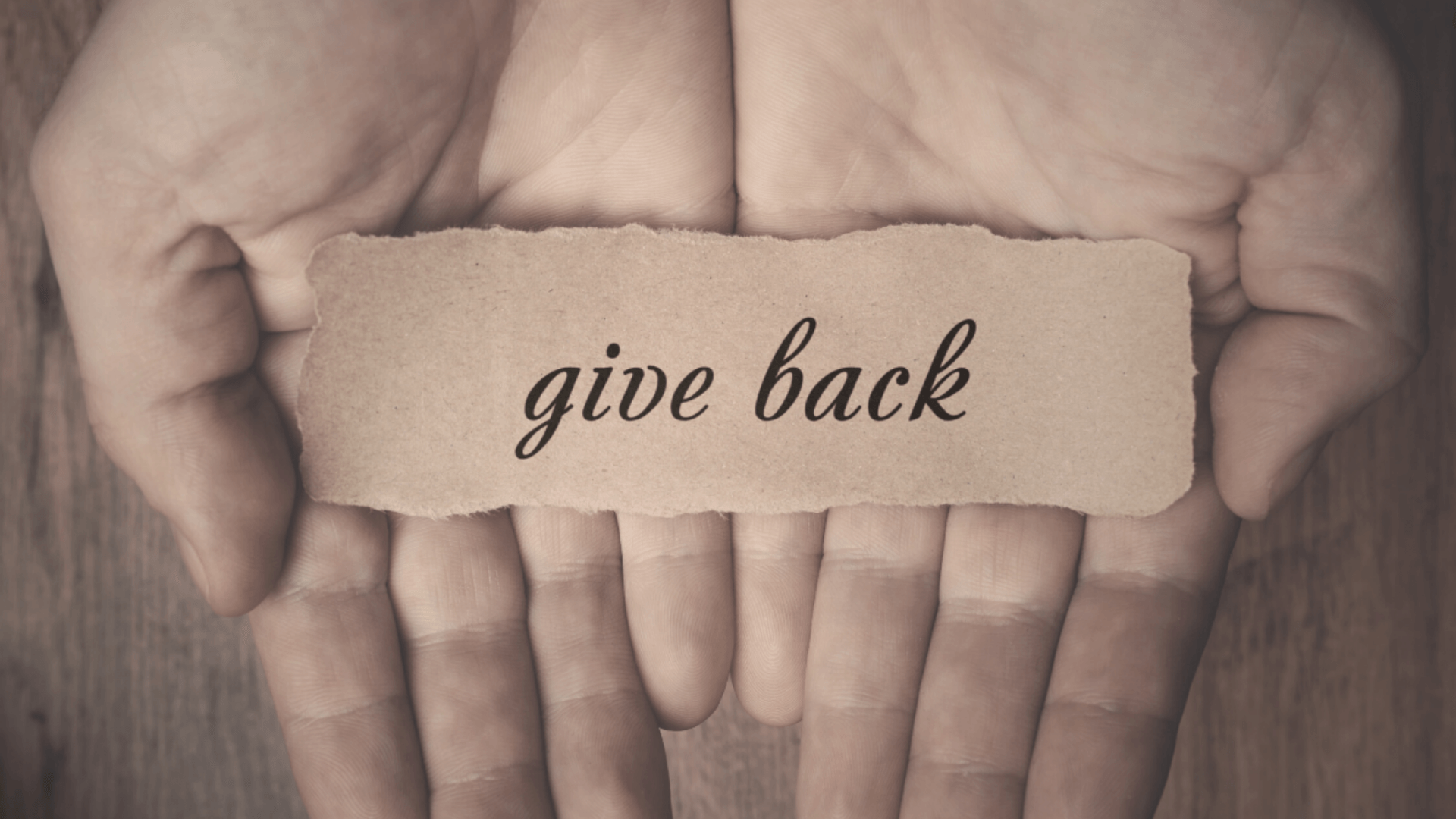A Brief History of Giving Tuesday
Sandra Gibbons
You’re likely well-acquainted with Black Friday and Cyber Monday, but what about Giving Tuesday?
On the cusp of its 10-year anniversary, Giving Tuesday has grown into a worldwide movement promoting one single purpose: to spread radical generosity—in all communities, everywhere. So what exactly does that mean, you might ask?
Read on for a crash course on the history of Giving Tuesday, the importance of promoting radical generosity, and how you can get in on this global celebration that goes far beyond the material.
What is Giving Tuesday?
In 2012, Henry Timms of the 92nd Street Y (92Y) sat down to think of creative ways to increase generosity and impact in the greater New York City area. By October of that year—and following countless collaborative sessions with influential members of the local community—one founding partner, Mashable, announced the first-ever Giving Tuesday campaign would take place the first Tuesday after Thanksgiving in the United States, and that they would be providing live coverage of the inaugural event.
It’s worth noting that efforts to upend the traditional consumerist approach to the holidays began even before Giving Tuesday—with one such idea appearing in media outlets as early as 2011—but the collective efforts, big-name partnerships, and media buzz surrounding Giving Tuesday made it the first wildly successful catalyst in transforming a simple act of kindness into worldwide generosity. In the years since, the concept has gained further traction with the rise of minimalism and among the socially conscious Gen Z-ers entering into adulthood.
Today, tens of millions of people in over 70 countries around the world now participate in Giving Tuesday. In 2020, the movement smashed through previous fundraising records despite the pervasive impact of COVID-19. According to GivingTuesday’s 2020 Impact Report, in the US alone, over 2.47 billion dollars were raised by nonprofits. To date, it’s the largest single-day fundraiser of the year. And it’s all in the name of spreading radical generosity.
The impact of the supply chain on climate change and the growing awareness of our social responsibility has created a deep need for communities around the world to come together to enact positive change and do more good—and that is the mission of Giving Tuesday. If we, as individuals, can forgo the urge to purchase our way to meaning and happiness, and instead donate some of our time and resources to helping improve our communities and those in need who reside within them, perhaps our small acts of kindness can affect and inspire lasting and meaningful change all across the world.
If it sounds beautiful, it’s because it is. But what makes it even more beautiful is that anyone can pitch in and help.
How Giving Tuesday works
Radical generosity is any act carried out in the spirit of kindness and giving. It’s meant to motivate great change—paying it forward, if you will—and people of all ages and backgrounds and walks of life can take part.
If you’ve ever sat in a drive-through, and the person in front of you had already paid for your order, you were an unknowing participant of radical generosity. It doesn’t only have to take the form of picking up the bill for a complete stranger, either. There are many ways to spread random kindness. Holding the door open for others, going out of your way to return a lost item, leaving an encouraging note beneath the wiper blades of someone’s car—these are all examples of spreading radical generosity.
Sometimes the smallest act can have the biggest effect in changing the course of a person’s life. It costs nothing to be kind, yet can mean so much.
So, what counts as radical generosity? Here are a few general ideas:
- Random acts of kindness for strangers
- Collecting items for donation
- Volunteering your time
- Raising awareness for a cause near and dear to your heart
- Cleaning up roadside litter
- Giving money to a local charity
The possibilities are endless.
While it can be more difficult to volunteer your time to a cause, providing a financial gift or monetary donation (online giving) can be just as meaningful to furthering a cause that’s important to you. In fact, on Giving Tuesday, many organizations will match donation amounts, which effectively doubles your monetary gift. If you choose to give online to a local 501(c)(3) nonprofit, not only does that money go to funding critical services and supplies for the organization of your choice—services and supplies that directly impact people in your very own community—there is also the added benefit of being eligible to claim a tax deduction. So, save those receipts!
Remember: the important thing is to contribute to something bigger than yourself. You can never go wrong when your intent is to create some good in people’s lives.
In just five weeks, on Tuesday, November 30, we urge you to get out there and make a difference this Giving Tuesday—in whatever way you can. A number of nonprofits depend on the generosity of everyday people to help serve their communities, and no gift is ever too small to have a life-changing impact.
How will you give back this holiday season?
If you’re curious about what we do at the NWA Center for Sexual Assault, here are some of the free services we’re able to provide adult survivors of sexual assault thanks to the generosity of others:
- Counseling sessions (individual, couples, family, group)
- 24-hour crisis hotline
- Sexual assault exams and kits
- Prevention education
- Community outreach programs
- Assistance with medical and legal processes
- Ongoing advocacy services
We encourage you to visit our website if you’d like to learn more or donate to NWACSA. Every gift helps.
Share this post







